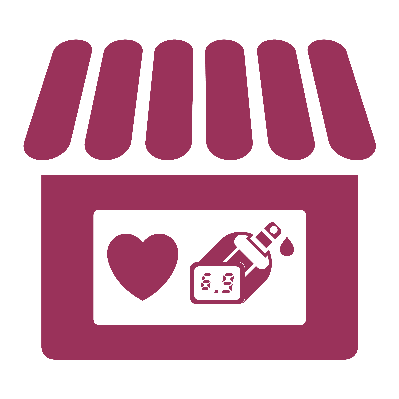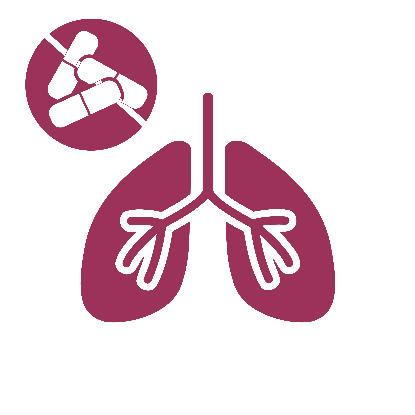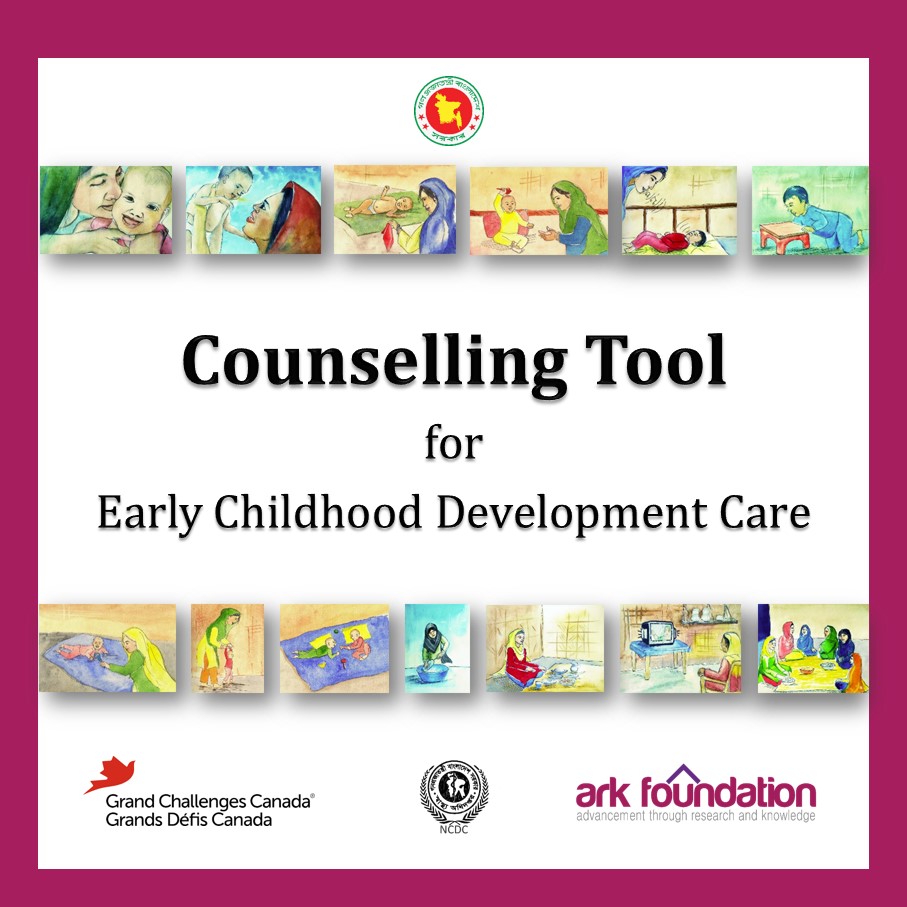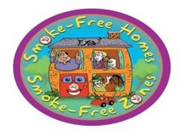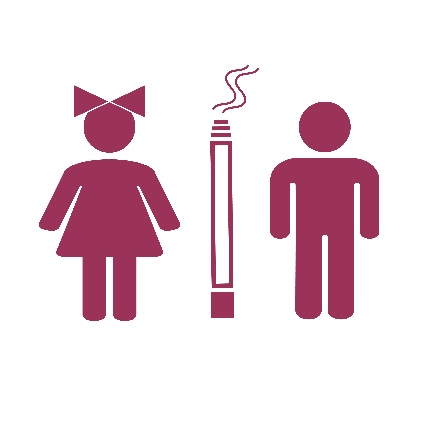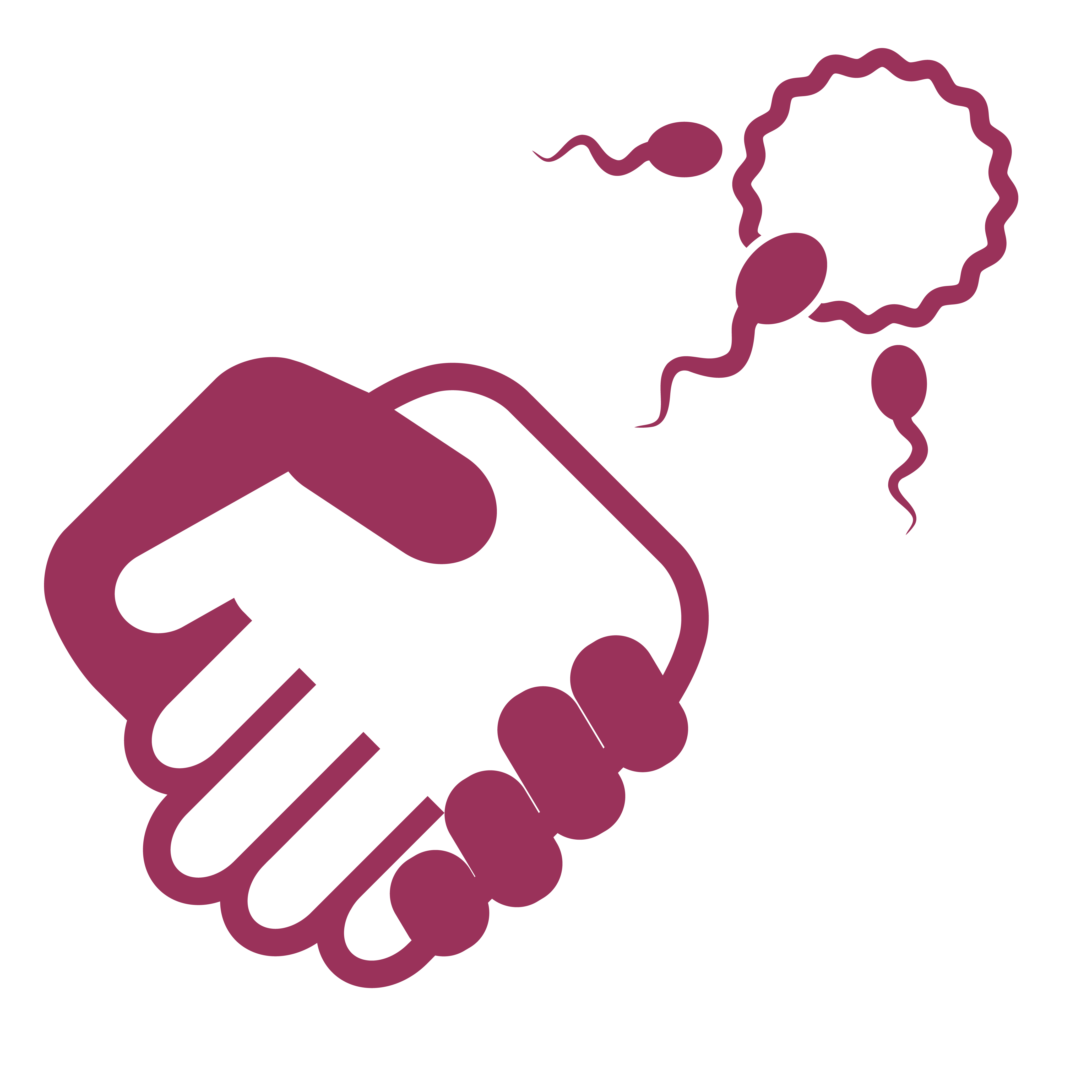This project aimed to develop and evaluate a service delivery model for the delivery of quality care to patients of cardiovascular diseases (CVDs) and diabetes at the Upazila Health Complexes and other primary health care (PHC) facilities. Specific objectives included: establishing a systematic screening and care process to enhance early diagnosis of CVD and
- Published in Non-Communicable Disease, Our Work
No Comments
Improving primary health care using community clinics in rural Bangladesh is a project that aimed to improve the quality of care of children in community clinics through an intervention and evaluation study. The intervention contributed to a change in national policy and practice, with approximately 14,000 community health care providers nationwide given the job
- Published in Health Systems, Our Work
Evaluation of Tobacco Dependence Measures of Smokeless Tobacco (ST) users in Bangladesh was a study supported by the University of York, UK. . It was an 18-month project that aimed to evaluate psychometric properties of the Oklahoma Scale of Smokeless Tobacco Dependence among Bangladeshi smokeless tobacco users, and to identify underlying constructs and processes
- Published in Non-Communicable Disease, Our Work
This study aims to develop an acceptable and feasible psychosocial support (PSS) package that will be ready to embed within the existing National TB Control Programme (NTP) service delivery system in Bangladesh. The existing service delivery system does not include any screening for mental health problems among MDR TB patients or psychosocial counselling for
- Published in Communicable Disease, Our Work
Background of the study: The early childhood period is the basis for later success in life. It is the time when a child’s brain develops at a rapid rate creating plenty of opportunities for children’s learning and development. A child can have a good start in life when he/she grows up in a nurturing
- Published in Maternal Newborn Child and Reproductive Health, Our Work
Antimicrobial resistance (AMR) is a major threat to global health, food sustainability and security, and socio-economic development. It is estimated that AMR infections cause approximately 700,000human deaths each year globally, a figure that is set to rise to 10 million by 2050 if no action is taken. COSTAR will build upon these successful foundations by
- Published in Antimicrobial Resistance, Our Work
Community Dialogues in Bangladesh aims to develop and test a “community dialogue” approach for preventing and controlling antibiotic resistance in Bangladesh. It is funded by the Economic and Social Research Council, UK. The project has five objectives: to conduct research to inform the content of and processes for delivering community dialogues; to adapt the
- Published in Antimicrobial Resistance, Our Work
Second-hand smoke (SHS) exposure costs 800,000 lives a year. Children in developing countries are worst affected as smoke-free laws are only partially implemented, and private homes and cars remain a key source of SHS exposure. Children Learning About Second-hand Smoking (CLASS-III) is an ongoing project of ARK Foundation in collaboration with University of York.
- Published in Non-Communicable Disease, Our Work
Children Learning About Second-hand Smoke (CLASS-II) was a two-arm pilot cluster randomised controlled trial funded by the Medical Research Council, UK. The project primarily aimed to establish the effectiveness of a school-based intervention, ‘Smoke Free Homes’ , in reducing exposure of school children to second hand smoke. Its effect on frequency and severity of
- Published in Non-Communicable Disease, Our Work
Under this study, a public-private partnership (PPP) was developed to help private medical practitioners (PMPs) implement a referral strategy between themselves and family planning centres. We assessed whether the PPP model was effective in increasing the use of long-acting reversible contraceptive methods (LARCMs) and acceptable to both public and private healthcare providers.Our findings revealed
- Published in Health Systems, Our Work

